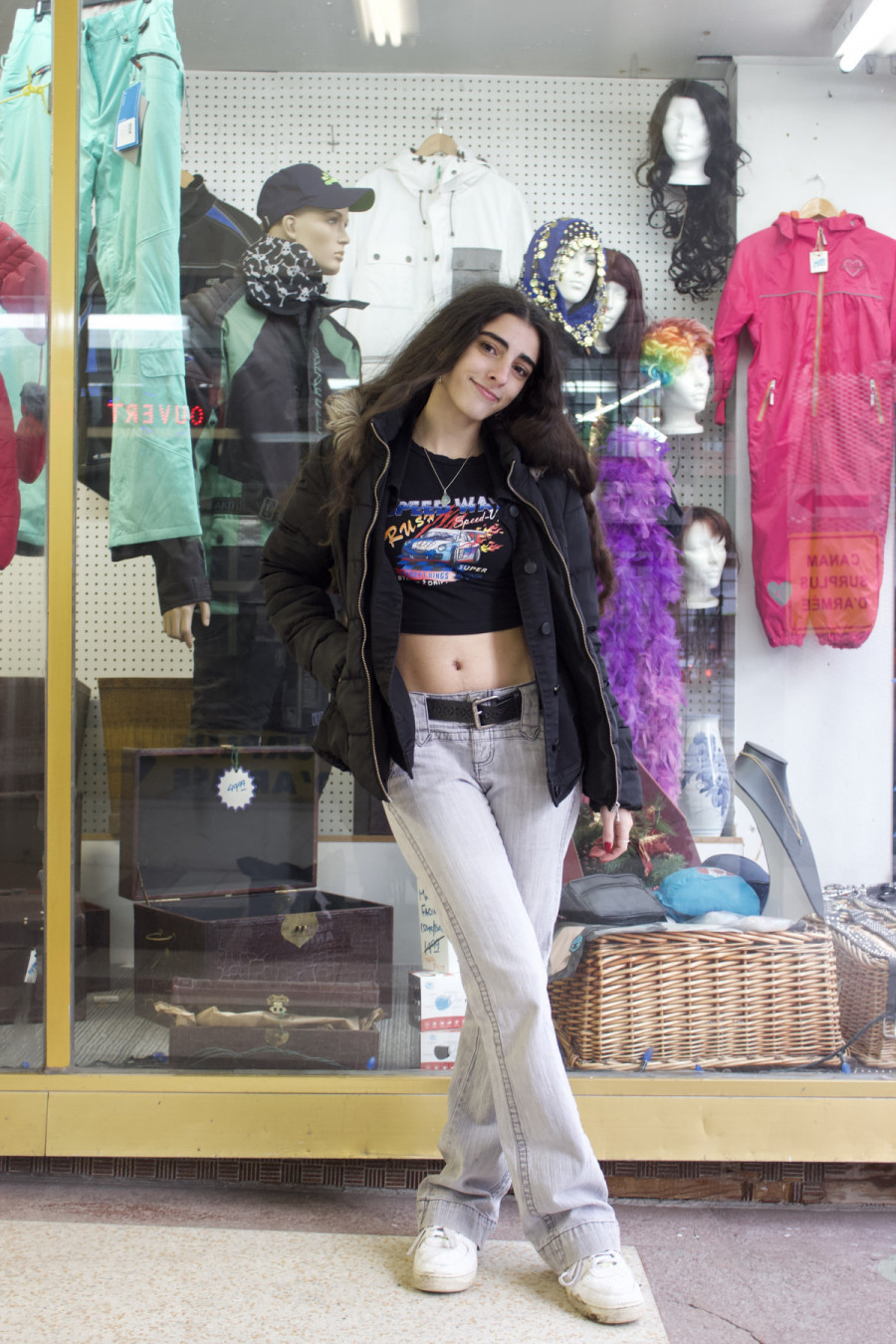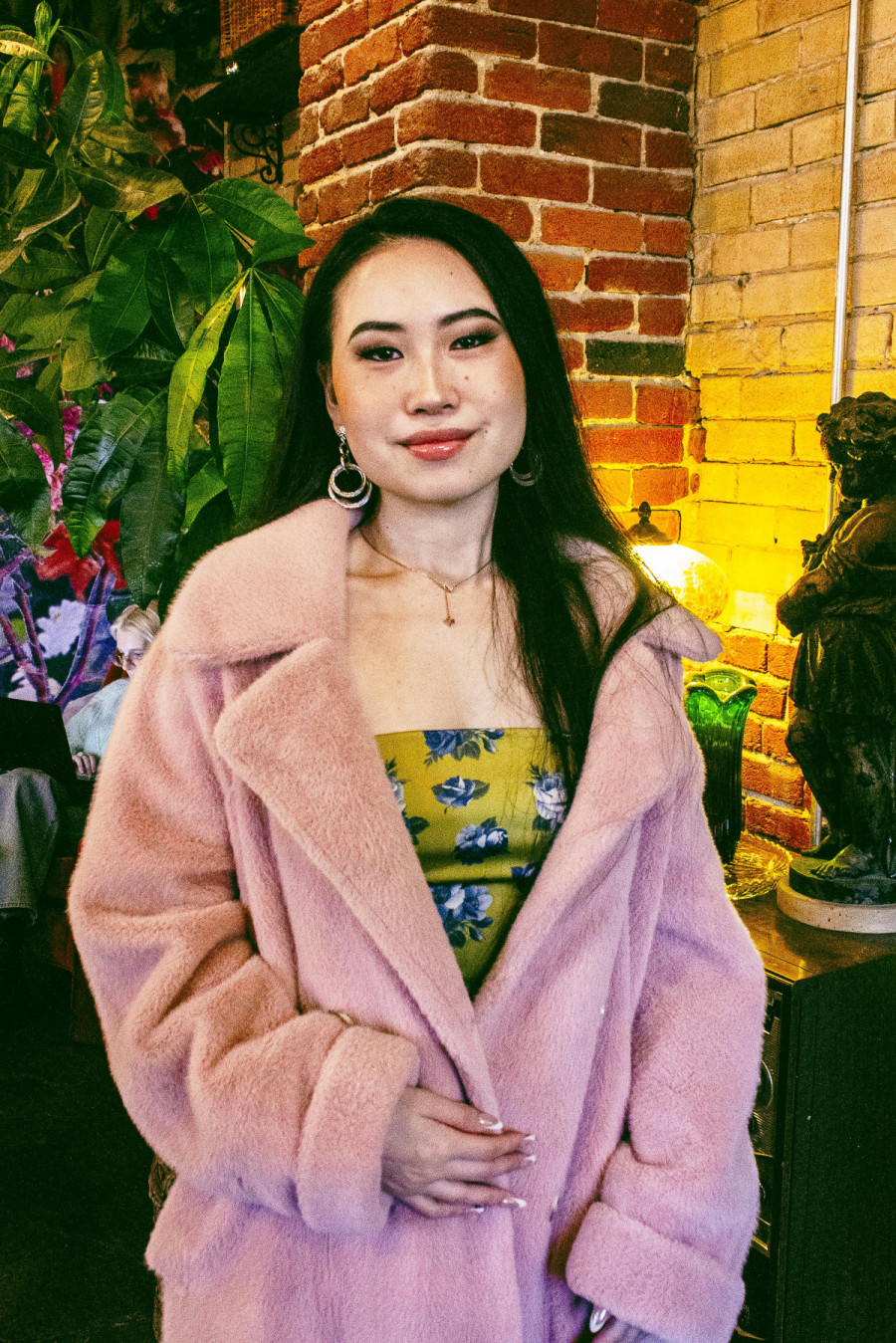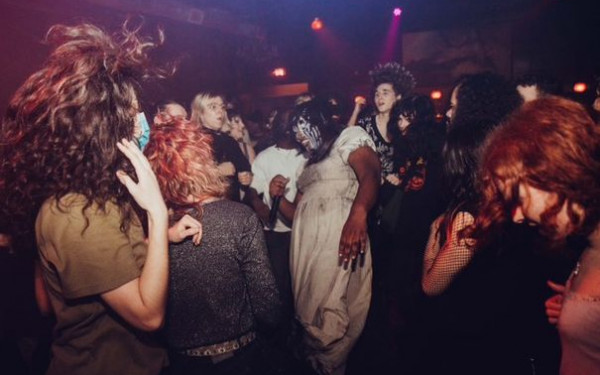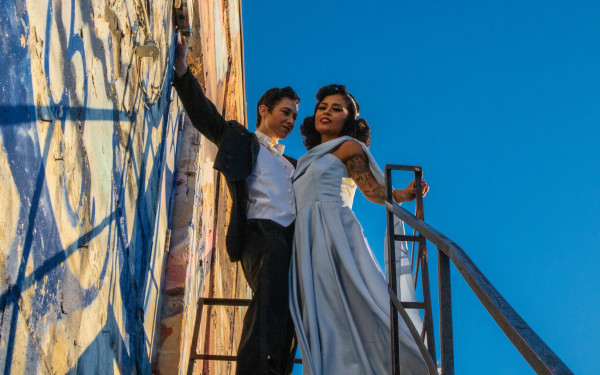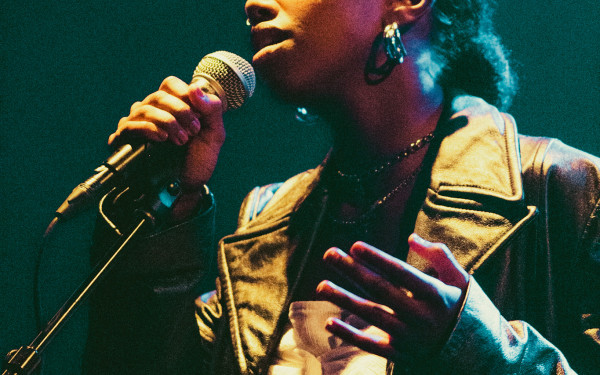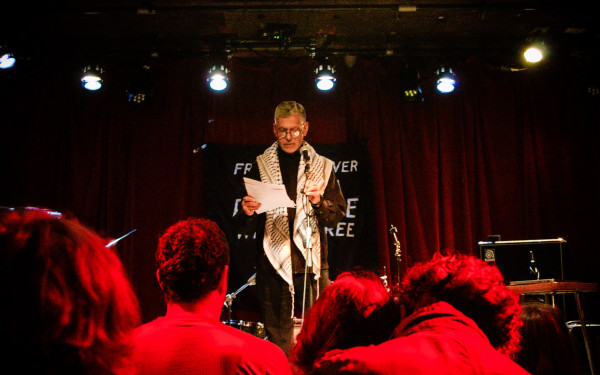Diversity in Montreal’s nightlife, the path to better partying
Promoters from various backgrounds express their thoughts on Montreal’s predominantly white, male and older promoters
Montreal’s nightlife scene would not be as vibrant without the vast network of promoters who help party-goers experience a night to remember.
Promoters are eccentric party-loving people who do a great deal of advertising, hosting and organizing to make the nightlife in Montreal even more attractive.
Clubs and bars need promoters to expand clientele, create a more sustainable influx of frequenters and increase revenue.
“When I promote, every day I post and bring clients to [clubs],” said Xinkun Dai, a Chinese video creator and promoter. “I would promote myself and the bar, people would see how fun it is and message me to ask for a table or guestlist.” Promoting is an effective way for bars to showcase their fun space to a variety of individuals via social media—and there are many ways to do such advertising.
However, there is a prevalence of older white men and prejudice in the industry. “A lot of the bigger promoters are definitely older and it’s a male-dominated industry for sure,” said Ese Mukoro, promoter and club host at Muzique who goes by the name Jinkzzyy on Instagram. “Until three years ago, I was one of the only Black promoters that was that big…it's hard to find.”
Zeineb Daoud, a Tunisian promoter who worked in the industry in 2022 expressed how at times it was difficult for her to get clients because men would not take her seriously or believe that she was a promoter. “They'd laugh in my face and be like ‘No, you're a girl,’” she said. “My gender made it difficult to get clients into the club.”
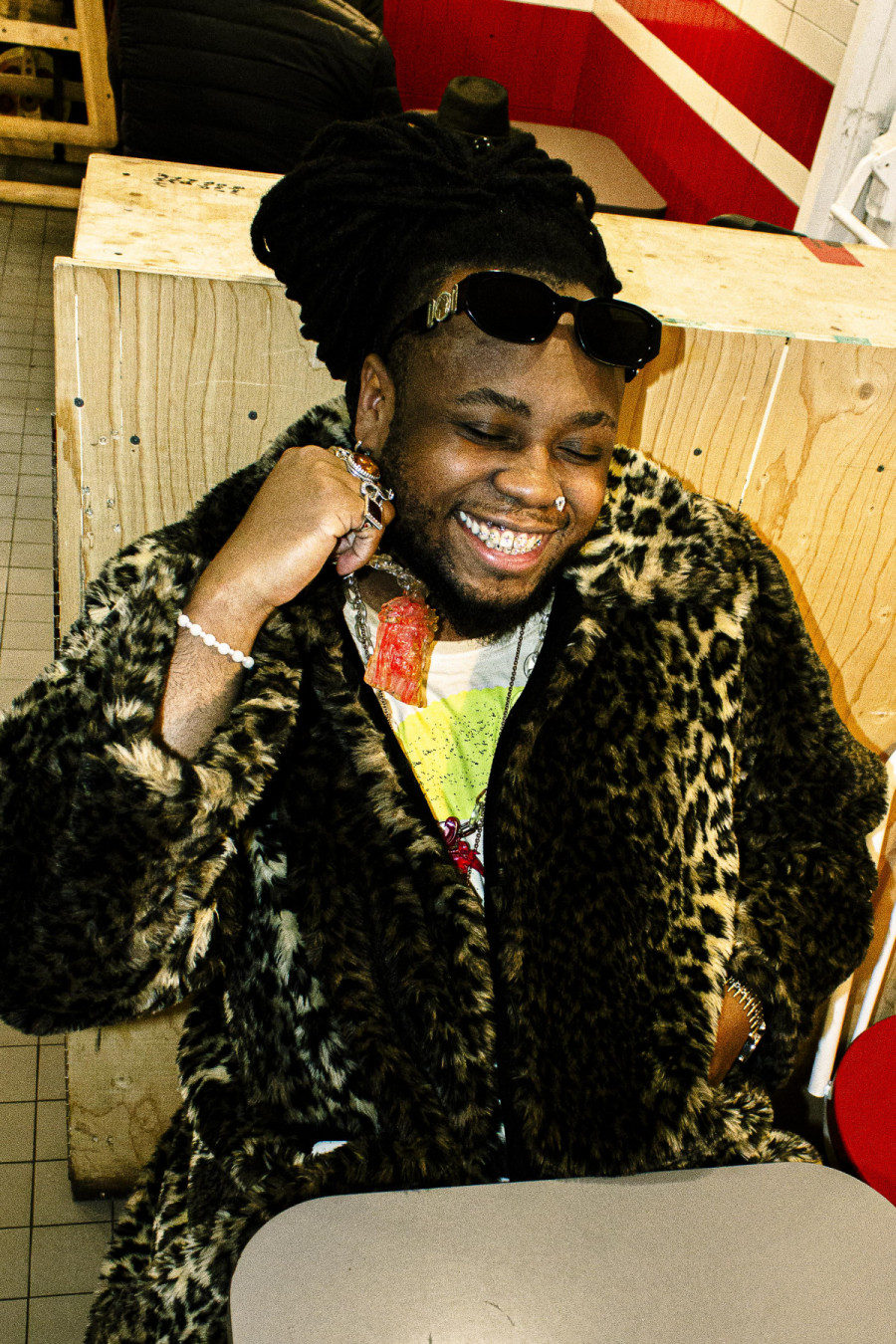
Working for Muzique, Daoud said that promoters working for clubs on St-Laurent Street were predominantly Italian and Greek men. “There's not much diversity. It's always the guy at the door, the guy booking you.”
Coming from multicultural backgrounds can have some advantages when working with clubs. Dai shared how she stands out because there aren’t many women videographers in the club scene, but also because of her background. “I realized I get a lot of benefits because of my ethnicity, because of my look,” she explained.
Daoud had similar realizations. “Because I was a girl, it was shocking to some people. Just being a girl made me stand out,” she said.
Age is a crucial factor to the promoter life because clubs in different areas are catered to various age groups. “The owners will ask you what kind of clients you can bring, [and] what age group,” Dai said.
“If you go on St Laurent, it’s mostly white boys and also a lot younger [people], ” said Mauricio El Ojeil, a Lebanese promoter and Concordia student. “At the old port, you’re going to find a 24 or 25-year-old man as a promoter.” El Ojeil was insinuating that they have a fancier and older clientele.
El Ojeil has a lot of friends and knows a lot of people, which is how he brings in a lot of people like him. “Each promoter has their own crowd,” he said.
Having more diversity in the industry is key to having better representation in nightlife. Not only would more of Montreal's diverse population feel more comfortable, but the quality of service could be improved as well.
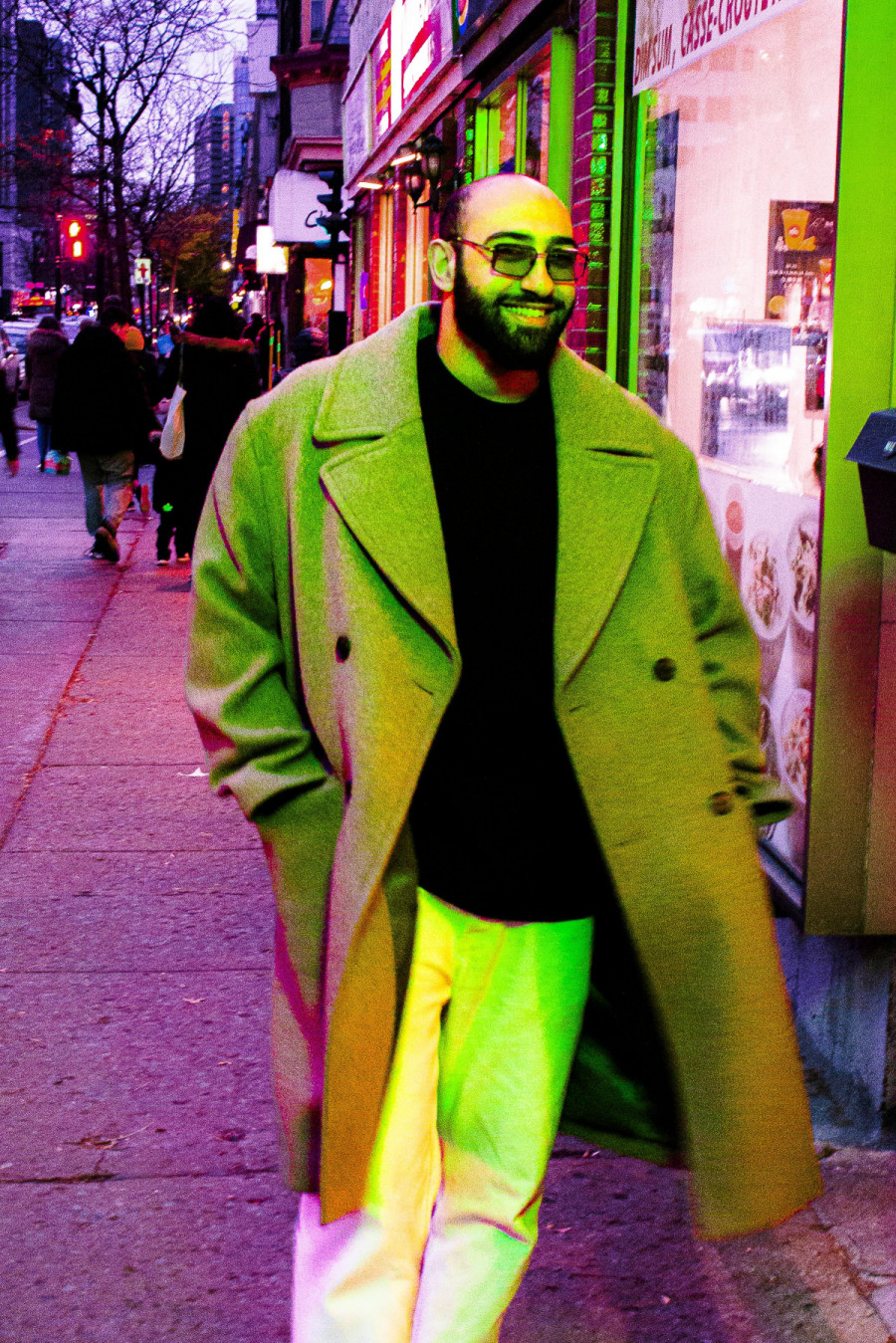
Mukoro works mostly on St Laurent and said he takes extra care of his clients. His clientele is mostly students who are struggling financially, and so he prioritizes getting the most people in without any hefty costs or issues while also making it as fun as possible. Mukoro is really emphatic on making connections with his clients, which is not all that common amongst promoters.
People appreciate Mukoro’s type of intimacy and are almost always pleased with his services.
El Ojeil also takes his job to heart. “The most important thing is hospitality,” he said, “you need to take care of [clients] and make better connections to keep them close.”
While nightlife is so much fun, there are always potential risks and predatory acts to be aware of. “I feel like every time a woman is coming out to the club alone, it’s pretty risky,” Mukoro said. “There’s the possibility of people slipping something into a girl’s drink,” added Mukoro.
Promoters and others who work in nightlife do their best to make people—especially women—feel at ease and secure. Dai mentioned the existence of Facebook groups for women in the city to stick together and build a community.
Mukoro agreed with power in numbers, as he stated. “Being alone is the biggest issue,” he explained. “Whenever I see there’s a woman alone, I group her with others so that they look after each other”. He believes in the idea of the angel shot, where you call for one at the bar, warning the bartender that you are being harassed. “I think it needs to be more heavily emphasized.”
While promoters agreed diversity has improved in recent years, there is a lot more to be done. Daoud was disappointed with the lack of diversity among the people working, but also the music. She feels that most clubs play music catered to a specific type of crowd, therefore discouraging further diversity.
Being a promoter in Montreal can be a great time, however, there is a shared sentiment that it needs to be more inclusive. They believe there should be more people to properly represent the diverse immigrant population of the city. “Having proper representation is important and gives people hope to try getting into promoting,” Mukoro said.
